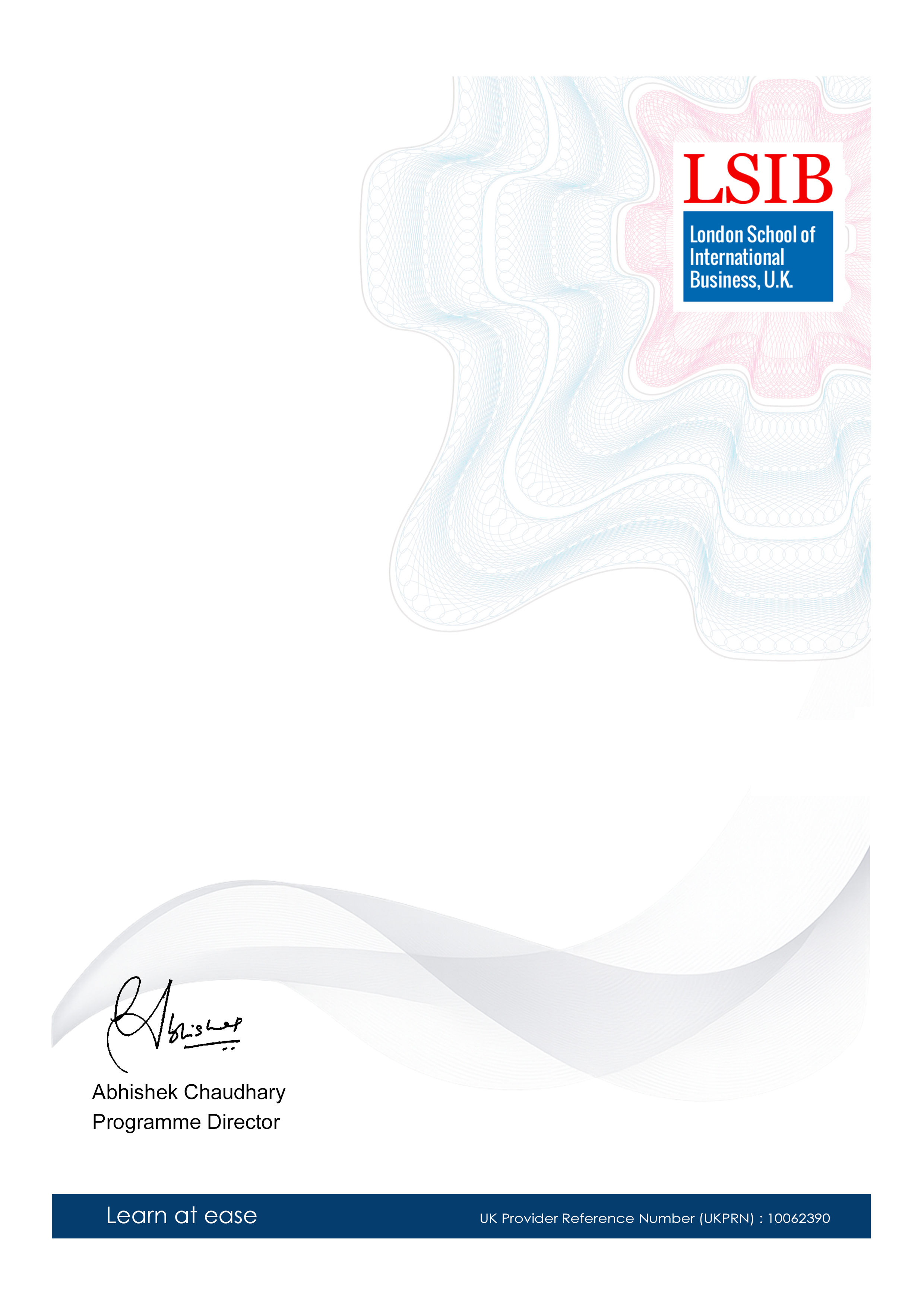Course details
Loading...
Generating course details...
• Understanding E-commerce Fulfillment: This unit covers the basics of e-commerce fulfillment, including the importance of inventory management, order processing, and shipping logistics. It sets the stage for the rest of the course and provides a foundation for understanding the role of inventory management in e-commerce.
• Inventory Management Fundamentals: In this unit, students learn about the key concepts of inventory management, including inventory types, inventory levels, and inventory turnover. They also learn about the importance of accurate inventory tracking and how it impacts business operations.
• E-commerce Inventory Management Systems: This unit explores the different types of inventory management systems used in e-commerce, including manual systems, automated systems, and cloud-based systems. Students learn about the features and benefits of each type of system and how to choose the right one for their business.
• Fulfillment Center Operations: In this unit, students learn about the inner workings of a fulfillment center, including receiving and storing inventory, picking and packing orders, and shipping products to customers. They also learn about the importance of efficient fulfillment center operations and how to optimize them for better customer satisfaction.
• E-commerce Inventory Management Best Practices: This unit covers the best practices for managing e-commerce inventory, including setting inventory levels, managing stockroom organization, and using data analytics to inform inventory decisions. Students learn how to apply these best practices to their own business and improve their inventory management skills.
• Supply Chain Optimization: In this unit, students learn about the importance of supply chain optimization in e-commerce inventory management. They learn about the different types of supply chain optimization techniques, including demand forecasting, inventory optimization, and transportation optimization.
• E-commerce Order Management: This unit covers the process of managing e-commerce orders, including order receipt, order processing, and order shipping. Students learn about the importance of accurate order management and how to use technology to streamline the process.
• Inventory Control and Tracking: In this unit, students learn about the different methods of inventory control and tracking, including barcode scanning, RFID technology, and inventory management software. They also learn about the importance of accurate inventory tracking and how to use data analytics to inform inventory decisions.
• E-commerce Returns and Reverse Logistics: This unit covers the process of managing e-commerce returns and reverse logistics, including receiving and processing returns, issuing refunds or replacements, and optimizing the returns process for better customer satisfaction.
• Career Development in E-commerce Fulfillment: In this final unit, students learn about the different career paths available in e-commerce fulfillment, including inventory management, order management, and supply chain optimization. They also learn about the skills and qualifications required for each career path and how to develop a career in e-commerce fulfillment.

